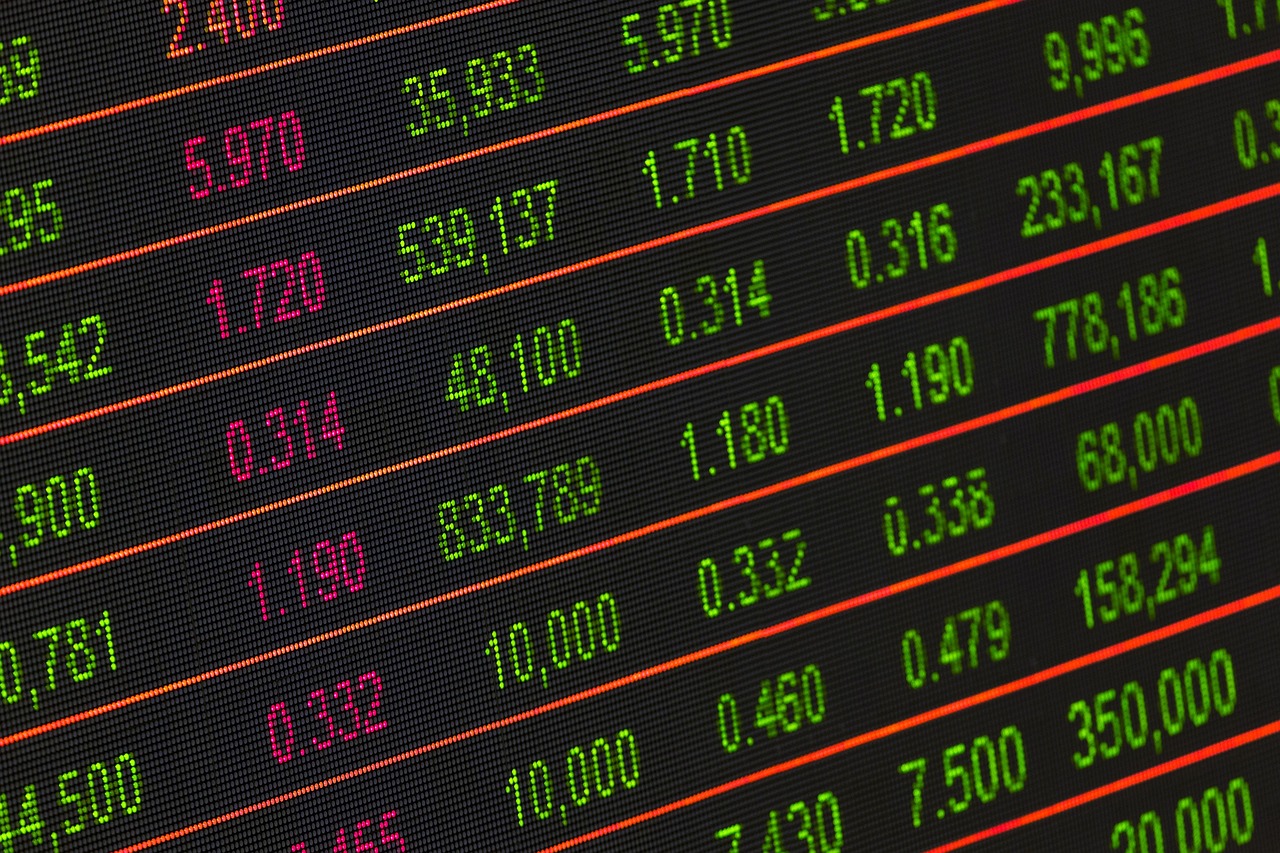In a stunning reversal that sent Wall Street into a frenzy, President Donald Trump on Wednesday morning urged Americans to “BE COOL” and buy stocks — only to abruptly suspend most of his aggressive tariffs hours later, sparking the market’s biggest single-day rally since the 2008 financial crisis and prompting a wave of insider trading accusations from lawmakers.
Hours later, the mercurial president abruptly reversed course on his steep global tariffs, announcing a 90-day pause on most levies and sending slumping markets soaring. The S&P 500 experienced its best day since the 2008 financial crisis after jumping 9 percentage points.
The sudden turnaround for Trump, who had all but guaranteed that his expansive tariffs would remain constant, led Democrats to accuse him of market manipulation.
Representative Mike Levin of California asked on social media. “If you’re a Trump supporter and you did what he said and you bought, then you did great. On the other hand, if you’re a retiree or a senior or somebody in the middle class over the last few days that didn’t have the tolerance for risk and you decided to sell, you got screwed.”
Letitia James, New York’s attorney general, is investigating potential insider trading by Trump officials, CNN reported on Monday. James herself a target of the Weaponization Working Group in the Justice Department after Trump was found liable for conspiring to manipulate his net worth and ordered to pay over $450 million.
And in a letter to Jamieson Greer, the United States trade representative who is also the acting director of the Office of Government Ethics, Senators Ruben Gallego of Arizona and Adam Schiff of California, a chief antagonist of Trump in his first term, called for a federal investigation into whether Trump officials or members of his family had advance knowledge.
“President Trump’s decision to ease most tariffs predictably caused the financial markets to skyrocket after crashing and undergoing wild fluctuations,” they wrote. “The President, his family, and his advisors are uniquely positioned to be privy to and take advantage of nonpublic information to inform their investment decisions.”
The news came as Greer was testifying about Trump’s tariff policies on Capitol Hill. “It’s not market manipulation,” he asserted to Representative Steven Horsford of Nevada. “We’re trying to reset the global trading system.”
“So if it’s not market manipulation, what is it?” Horsford pressed. “Who’s benefiting? What billionaire just got richer?”
The White House has rejected the accusations, claiming that Trump sought to reassure Americans in his social media post. And allies of the president rushed to his defense to reframe the move as a calculated effort.
“It is the responsibility of the President of the United States to reassure the markets and Americans about their economic security in the face of nonstop media fear-mongering,” said Kush Desai, a White House spokesman.
Karoline Leavitt, the White House press secretary, took the offensive against reporters: “Many of you in the media clearly missed the ‘Art of the Deal.’ You clearly failed to see what President Trump is doing here. You tried to say that the rest of the world would be moved closer to China, when in fact, we’ve seen the opposite effect.”
Trump has made clear his intention to “make America wealthy again” through sweeping tariffs. He has also revelled in levies, turning them on and off at whim, and used them as leverage, forcing powerful people to plead for mercy.
But the debate over how tariffs should be implemented has exposed a rift in the administration, between Treasury Secretary Scott Bessent and Commerce Secretary Howard Lutnick, who have urged the president to see tariffs as a means to an end to resolve trade imbalances, and the White House trade advisor, Peter Navarro, who insists that the additional levies will lead to a revolution in American manufacturing.
After Trump finally announced the tariffs last Wednesday, markets promptly fell, the steepest decline for stocks since the early days of the coronavirus pandemic. By Friday afternoon, the S&P 500 had quickly approached bear market territory, defined as a decrease of 20 percent or more.
As investors feared a “Black Monday,” Bessent flew to Mar-a-Lago late last Sunday in an effort to convince the president that his austerity risked further market instability. The Treasury secretary advised Trump to focus on negotiating with other countries, according to Politico.
Bessent’s message only appeared to solidify Trump’s view, in part because it rebuffed a long-standing belief that Trump has held for over 40 years, since Japan’s economic ascension in the 1980s threatened to upend America’s soon-to-be dominant role in global trade. By Wednesday morning, the president continued to indicate that he was steadfast in his support for tariffs.
“Everything is going to work out well,” Trump maintained. “The USA will be bigger and better than ever before!”
But Trump’s resistance was met by internal pressure from Lutnick and Kevin Hassett, the director of the National Economic Council, who warned Trump of the risks posed by the sharp sell-off in U.S. government bond markets and the dollar. The tariffs, they said, could risk a financial crisis that could only be attributed to one man.
At 1:18 p.m. on Wednesday, Trump said that he would back off his “reciprocal” tariffs for 90 days while raising tariffs on all Chinese imports to 125 percent. The move appeared to ease investors, who rallied markets after the announcement. But it led Democrats to question if Trump’s initial post was a signal for his supporters to cash in.
Senator Elizabeth Warren of Massachusetts urged the Securities and Exchange Commission on Friday to investigate trading that occurred leading up to the pause amid concerns that insider trading may have occurred.
“It is unclear which officials and affiliates of President Trump had advance knowledge of his plans to delay tariffs,” Warren wrote in her letter to Paul Atkins, the chair of the SEC, “but insiders may have known that he was going to announce a tariff pause and that the market would improve.”
Government ethics experts have raised alarms at the range of financial interests that Trump and his family have become entangled with in recent years. Trump’s share in his social media company, Trump Media & Technology Group, which saw gains last Wednesday, is worth nearly $2.1 billion.
It comes amid scrutiny over investments by members of Congress. Representative Marjorie Taylor Greene of Georgia, one of Trump’s most ardent allies, purchased at least tens of thousands of dollars in stocks last Tuesday and Wednesday, according to public filings released by the House on Monday.
“Any member of Congress who purchased stocks in the last 48 hours should probably disclose that now,” Representative Alexandria Ocasio-Cortez of New York said on Friday. “It’s time to ban insider trading in Congress.”




